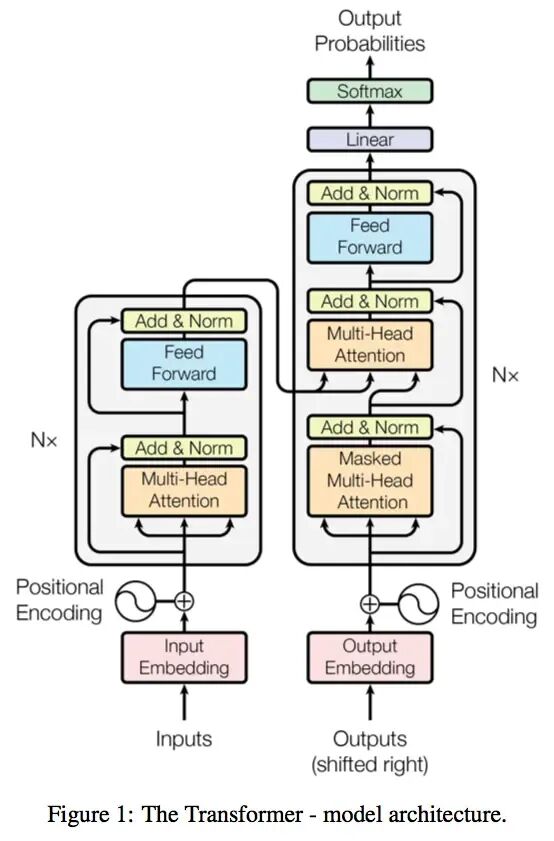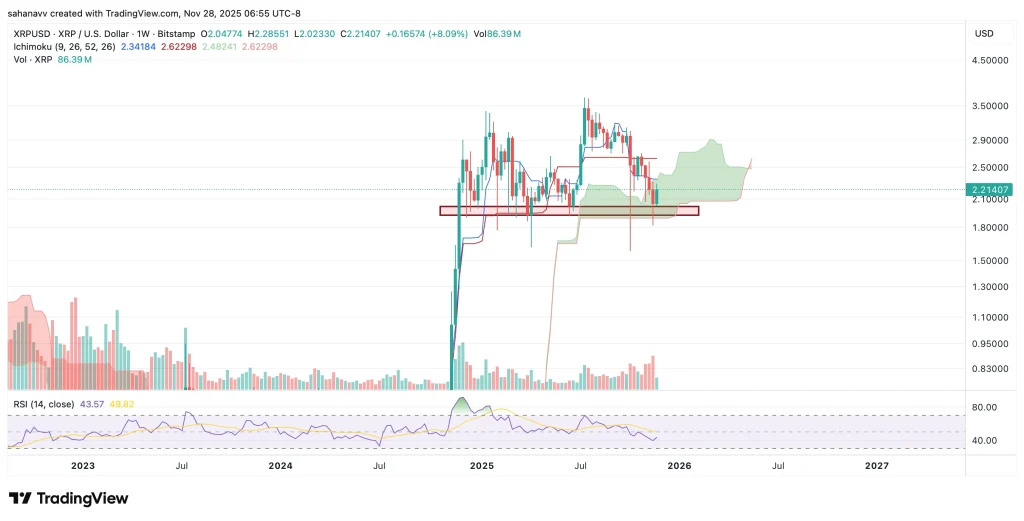Intel (INTC.US) amends CHIPS Act agreement to receive $5.7 billion in cash in advance to enhance flexibility
According to Jinse Finance, Intel (INTC.US) announced on Friday Eastern Time that it has amended its CHIPS Act funding agreement with the U.S. Department of Commerce, removing previously set project milestone requirements and receiving approximately $5.7 billion in cash in advance. This move will provide Intel with greater flexibility in the use of funds.
This revised agreement is based on adjustments to the initial financing agreement from November 2024, while retaining some restrictive clauses: prohibiting Intel from using these funds for dividend distributions and stock buybacks, prohibiting certain changes in controlling ownership transactions, and prohibiting business expansion in specific countries.
As part of the agreement, Intel has issued 274.6 million shares to the U.S. government and has committed that, under certain conditions, the government can additionally subscribe for up to 240.5 million shares (i.e., the government obtains warrants).
Intel stated that it has deposited 158.7 million shares into an escrow account, which will be officially released after the government allocates more CHIPS Act funds for the "Secure Enclave program" aimed at expanding advanced chip manufacturing capacity.
The company also revealed that it has already invested at least $7.87 billion in projects that meet CHIPS Act funding requirements.
This time, the U.S. government has obtained a 9.9% equity stake in Intel. In addition, U.S. President Donald Trump stated that he plans to promote more similar deals, which has sparked doubts about the future development prospects of American enterprises.
Intel said that the U.S. government's $8.9 billion investment this time, combined with the $2.2 billion subsidy previously received by Intel, brings the total amount of government funding support it has received to $11.1 billion.
Intel CFO David Zinsner said at an investor conference on Thursday that the U.S. government's recently announced equity plan is essentially an incentive for Intel—aimed at encouraging Intel to continue to control its contract manufacturing business (i.e., foundry business).
Disclaimer: The content of this article solely reflects the author's opinion and does not represent the platform in any capacity. This article is not intended to serve as a reference for making investment decisions.
You may also like
No wonder Buffett finally bet on Google
Google holds the entire chain in its own hands. It does not rely on Nvidia and possesses efficient, low-cost computational sovereignty.

HYPE Price Prediction December 2025: Can Hyperliquid Absorb Its Largest Supply Shock?

XRP Price Stuck Below Key Resistance, While Hidden Bullish Structure Hints at a Move To $3

Bitcoin Price Prediction: Recovery Targets $92K–$101K as Market Stabilizes
